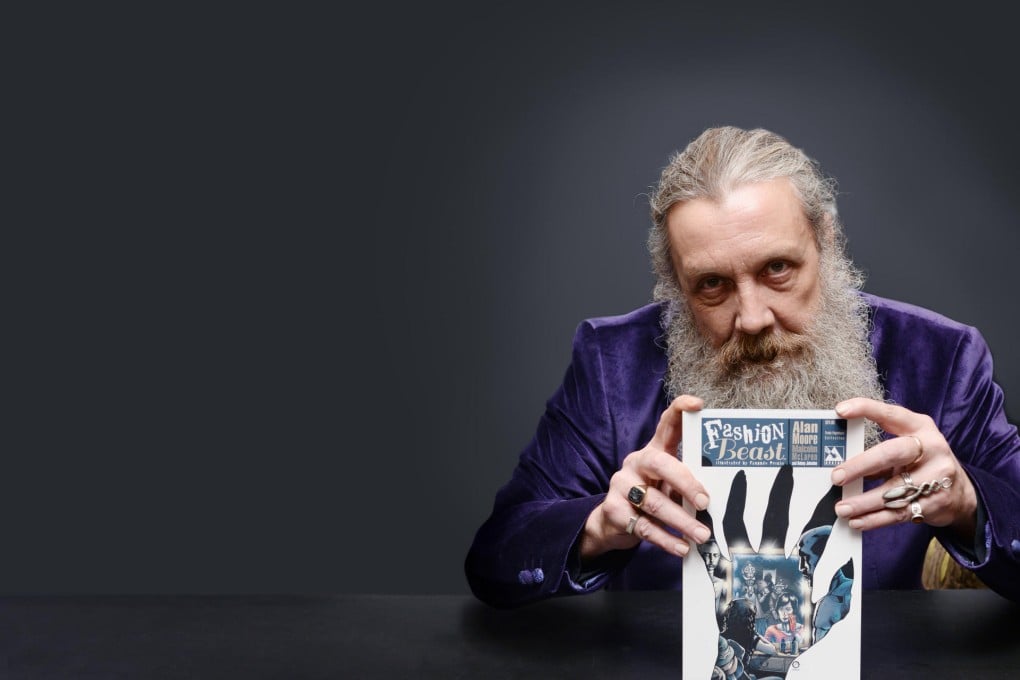Film script finds new life as comic book
British graphic novelist Alan Moore's latest work took 28 years to morph from a film script into a comic book, writes Stuart Kelly

There is a certain swagger as Alan Moore enters the rather sterile Waterstones office where this interview is taking place. The jut of his beard, the ringed fingers, the walking stick he can use as a wand or a cudgel: he looks like Hagrid's wayward brother or Gandalf's louche cousin.
The Briton is here to promote , an unusual project even in terms of a career that has been exceptionally idiosyncratic. An idea initiated by late punk legend Malcolm McLaren, was to have been a film. It is now - 28 years later - a comic book.
I don't like the adaptation process, where, essentially, the central characters are franchises that can be worked endlessly to no apparent point
The story charts the relationship between a reclusive fashion designer, Celestine, an apprentice, Jonni Tare, and their favourite model, Doll. As one might expect from the author of comic series , and , it combines satiric wit and furious philippic, the politically radical with the sexually ambiguous. Perhaps strangest of all, Moore can barely remember writing it.
Moore has been outspoken in the past about his disdain for the films based on his comics, so it's a change that a would-be film has become a comic book. He makes a sound between a laugh and a harrumph: "It was certainly more agreeable from my point of view," he says.
"I don't like the adaptation process, and I particularly don't like the modern way of comic book-film adaptations, where, essentially, the central characters are franchises that can be worked endlessly to no apparent point. In most cases, the original comic books were far superior to the film.
"With this, it started out as my first-ever film script or attempt at one. I was pleased with the results and I think Malcolm was quite pleased with the results, but through circumstances quite unconnected to either of us the film never got made. So it was kind of existing in a weird hinterland of my memory."
He adds: "It was probably never going to be realised. I didn't know whether it would work but it sounded very handy in that I wouldn't have to do any labour at all. That was what attracted me to the project. But then when the material started to come in, it was very unusual.